Our administrative apparatus is too cumbersome and ineffective, which has been known to everyone for a long time. There have been many resolutions, plans, and organizational measures to reduce staff, reduce unnecessary agencies, and even cause difficulties and inconvenience to the people... But, it seems that every time we "reduce staff", we "add more cafeteria chairs".
Reducing staff is almost an “impossible” task. Because many civil servants and public employees only consider their current positions as a place to make money by other tricks. Obviously, the position of “state employee” is being thoroughly exploited by many people for personal gain.
1. The cumbersome administrative apparatus has been hindering the country's economic development, causing a terrible waste of human resources, and at the same time creating a dependent mindset, then the situation of "no one cries for public property", "too many monks, no one closes the temple"... And, every time the issue of reducing staff is brought up for discussion, everyone finds it "necessary", everyone finds it "frustrating", but when it comes to solutions and measures that affect the units and localities under their management, they find countless reasons to delay or not do it. The tragedy is that few people dare to speak honestly and openly about the state of our administrative apparatus. Fortunately, there is one person who has spoken out strongly, that is General Secretary To Lam.
On the morning of October 31, speaking at a discussion in the National Assembly , General Secretary To Lam said that the Party Central Committee is focusing on discussing how to streamline the apparatus to be more effective and efficient. The General Secretary said that since the 12th Congress, the Party Central Committee has assessed that our state apparatus is too cumbersome and operates ineffectively and inefficiently, so it must be rearranged to be more streamlined.
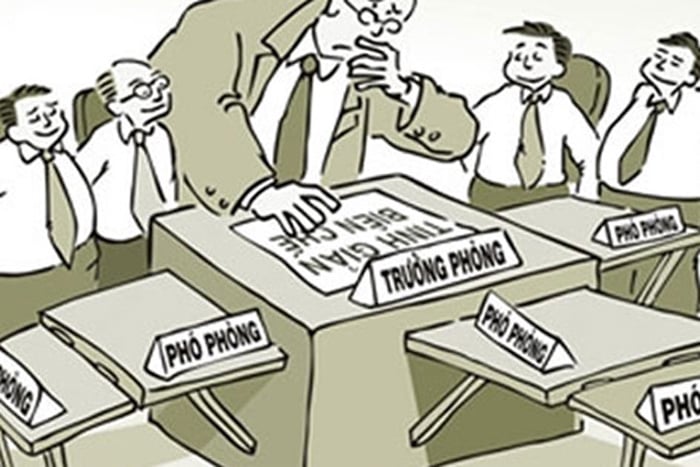
"If the country wants to develop, wants to do this project, that project, where does the money come from? If we feed each other, where is the money left? The remaining 30%, where is the money to invest in national defense, security, hunger eradication and poverty reduction, social security. While other countries spend more than 40%. At least we must have more than 50% of the budget to serve development, national defense, security,education , health, social security... Extremely impatient" - said the General Secretary. The General Secretary also raised the issue of why it is impossible to increase salaries. According to him, increasing salaries while the apparatus is huge, salaries will account for 80-90% of budget expenditures, there will be no money left to invest in other activities... From those analyses, the General Secretary affirmed the need to streamline the apparatus, continue to reduce staff, reduce regular expenditures to reserve resources for development investment.
According to the General Secretary, currently many ministries and branches do not have clear functions and tasks, do not decentralize to localities, creating a mechanism of asking and giving. Or, the same issue but it is not clear which ministry or branch is in charge. "If the Central Government can be streamlined, the provinces will be streamlined. How it should be done is a very big issue that will have to be discussed in the near future," said the General Secretary, emphasizing that in the future, the Central Government must set an example, the Party's committees must set an example, the National Assembly must set an example, and the Government must set an example. "Without streamlining the apparatus, there can be no development," affirmed the General Secretary.
According to General Secretary To Lam, there are many ministries and management agencies that do not clearly define their functions and tasks, do not decentralize to localities, and have to ask and give. "The localities should do it, but we still keep it, asking and asking but no answer, wasting time. Now that the localities do it, they are responsible, the principles and regulations are all there, so why keep those things, and then ask again". The General Secretary believes that if only one expert has a different opinion, the entire system must stop to re-evaluate, meet again... which is very time-consuming.
In addition to the issue of organizational structure, according to the General Secretary, there is also the issue of labor productivity. The General Secretary emphasized that we must somehow encourage labor productivity to be higher than that of neighboring countries; over the past 40 years of development, we have had great achievements, but compared to the development level of neighboring countries, we have not achieved that. Compared to China, Japan, South Korea, and India, we are far behind.
The General Secretary also spoke frankly about the viewpoint that the rearrangement is being done from the bottom up, such as merging communes and districts, but the province has not done it yet. Or, the rearrangement has only been carried out in some departments, bureaus, and general departments of ministries and branches; the ministry and branch levels have not been done yet. "If the central level can be streamlined, the province will be streamlined. Without ministries, how can the province have departments? Without departments, how can the district have offices? This is a very big problem, we have to discuss how to do it in the near future."
General Secretary To Lam, when he was Minister of Public Security, was the pioneer in streamlining the apparatus. The reorganization of the Ministry of Public Security initially met with many concerns and worries, believing that doing so would "reduce the power of the Ministry of Public Security". However, reality clearly shows that the police work has had positive changes. The police force from the ministerial level to the communal level has improved its combat effectiveness, closely followed the grassroots level and proactively responded to and fought against law violations, preventing plots to harm national security.
Most recently, at a discussion with students of the training class to update knowledge and skills for cadres planning members of the 14th Party Central Committee (class 3), General Secretary To Lam clarified some basic perceptions about the new era, the era of national development, and at the same time outlined 7 strategic orientations, in which, in the third orientation on restructuring the apparatus, the General Secretary affirmed that this task is very urgent. The General Secretary requested to continue to focus on building and streamlining the organizational apparatus of the Party, the National Assembly, the Government, the Fatherland Front, and socio-political organizations to operate effectively and efficiently; streamlining the apparatus and organizing the Party's agencies, truly being the intellectual core, the "general staff", the vanguard leading state agencies.
It is necessary to cut down unnecessary intermediaries, reorganize the organization in a multi-sectoral and multi-disciplinary direction; promote decentralization and delegation of power in the direction of "local decisions, local actions, local responsibilities" associated with strengthening inspection and supervision, clearly defining responsibilities between the Central and local levels, between local authorities, between managers and workers. Perfect the inspection and supervision mechanism, ensure unity in state management and promote proactiveness, creativity, and enhance the autonomy and self-reliance of localities.
2. There is a problem: why have we not been able to streamline the number of people with poor public ethics and qualifications?
Implementing Resolution No. 18 and Resolution No. 19 of the 12th Party Central Committee on organizational restructuring, at the 4th session, the National Assembly passed Resolution No. 56 on continuing to reform the state administrative apparatus to be streamlined and operate effectively and efficiently; reducing over 86,300 positions, including 12,400 civil servant positions. Implementing Resolution 56, in recent times, the Government, ministries, central and local branches have implemented many policies and solutions with political determination and drastic attitude and have achieved important initial results. 15 departments under ministries, 189 divisions under departments and bureaus have been reduced. The Ministry of Public Security has reduced 6 general departments and 65 bureau-level units.
In localities, under the direction and guidance of the Central Organizing Committee, the Ministry of Home Affairs, Party committees at all levels, authorities, the Fatherland Front, and socio-political organizations have been and are resolutely implementing solutions to merge agencies with similar functions and tasks, unify and hold some positions concurrently, reduce the number of deputies in accordance with regulations, reduce the number of focal points under the People's Committees at the provincial and district levels, and reduce the number of focal points within agencies and units. Restructure and drastically reduce the number of focal points of public service units, merge villages and small-scale residential areas, reduce the payroll and people receiving salaries from the budget. These solutions have been and are creating positive changes in the organizational apparatus in the political system.
However, comparing with Resolutions No. 18 and 19 of the Central Committee and Resolution No. 56 of the National Assembly, the delegates said that there are still many shortcomings, limitations and difficulties. The main reason for the high rate of regular expenditure, according to the delegates, is that the organizational structure is still cumbersome, with many intermediate levels and many focal points. The number of people receiving salaries and allowances from the budget is very large, especially in public service units. The number of people working part-time at the commune, village and residential area levels is still very large.
According to the Government's report, after 3 years, the streamlining of the payroll is still low compared to the minimum target of 10% by 2021. Up to now, the number of public service units with financial autonomy and regular expenditures accounts for only 0.2%. The internal organization of a number of ministries, ministerial-level agencies and specialized agencies under the People's Committee still has many focal points and many levels, is not streamlined, and does not operate effectively. The socialization and delegation of autonomy to public service units are still limited. The streamlining of the apparatus in a number of ministries, branches and localities has not been really drastic, the focal points of the apparatus organization and the internal organizational structure of many agencies, units and localities are still slow. Notably, the promulgation of legal documents on apparatus reform is still slow.
Everyone understands that streamlining the apparatus cannot be done overnight, and is a complex and sensitive area. However, it is time to realize that taxpayers' money cannot be sustained when regular expenditures account for more than 70% of the state budget each year.
To streamline the apparatus, it is clear that the central level must set an example in arrangement. Only when the central level apparatus is streamlined will the local level voluntarily follow suit.
According to CAND
Source: https://baohanam.com.vn/chinh-tri/giam-bien-che-da-den-luc-phai-lam-quyet-liet-hieu-qua-140914.html




![[Photo] Prime Minister Pham Minh Chinh holds meeting to launch exhibition of national achievements to celebrate 80th National Day](https://vphoto.vietnam.vn/thumb/1200x675/vietnam/resource/IMAGE/2025/6/23/0c0c37481bc64a9ab31b887dcff81e40)

![[Photo] Prime Minister Pham Minh Chinh chairs the national online conference on combating smuggling, production and trade of counterfeit goods.](https://vphoto.vietnam.vn/thumb/1200x675/vietnam/resource/IMAGE/2025/6/23/4a682a11bb5c47d5ba84d8c5037df029)

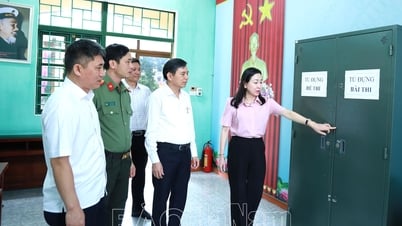

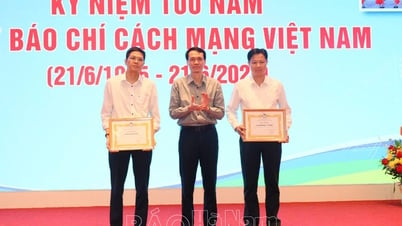
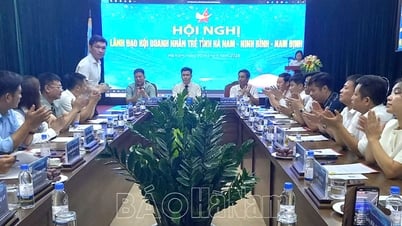
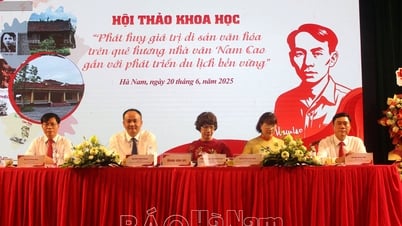
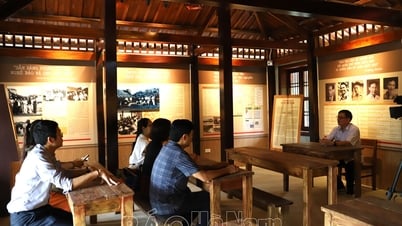











![[Photo] Conference to disseminate the implementation of the Plan to promote digital transformation to meet the requirements of restructuring the political system's apparatus](https://vphoto.vietnam.vn/thumb/1200x675/vietnam/resource/IMAGE/2025/6/23/4744403cccd144b79086799e2ceb686e)
![[Photo] Party Congress of the Central Internal Affairs Commission for the 2025-2030 term](https://vphoto.vietnam.vn/thumb/1200x675/vietnam/resource/IMAGE/2025/6/23/5bf03821e6dd461d9ba2fd0c9a08037b)
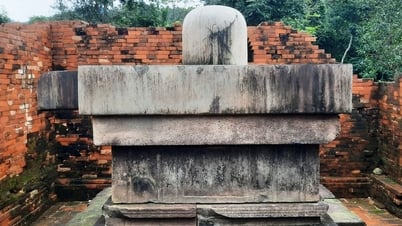















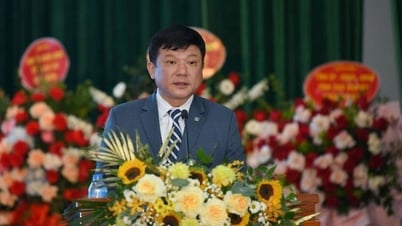

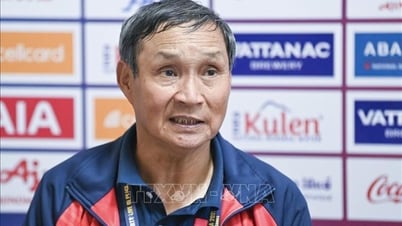


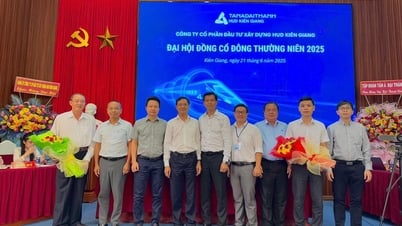

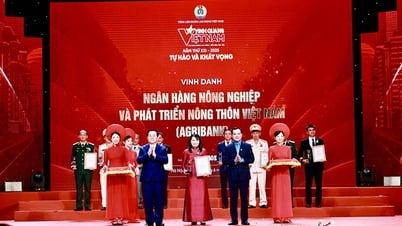

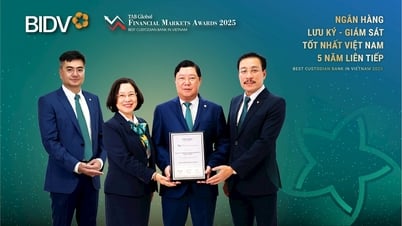

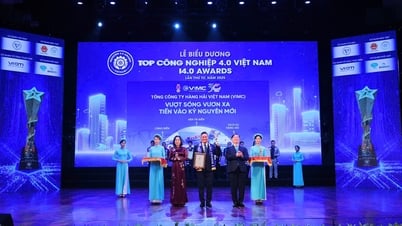

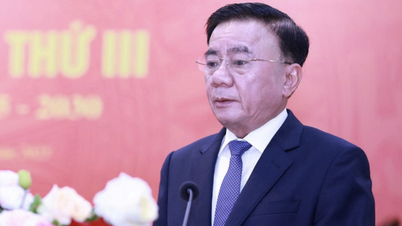

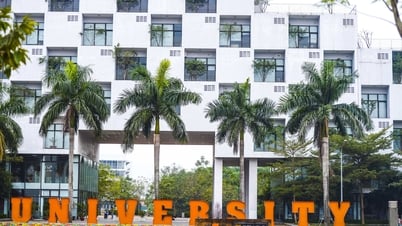

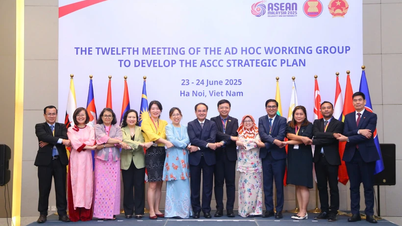
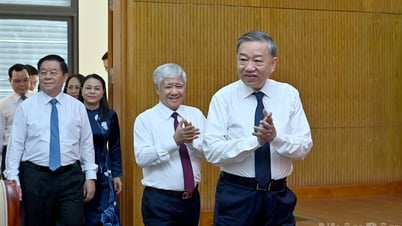

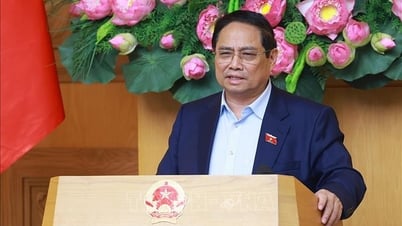
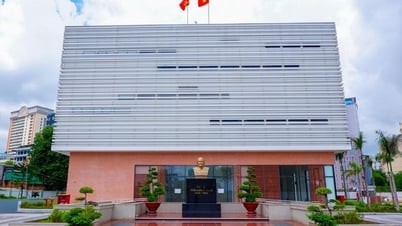



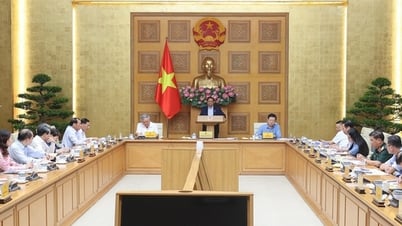

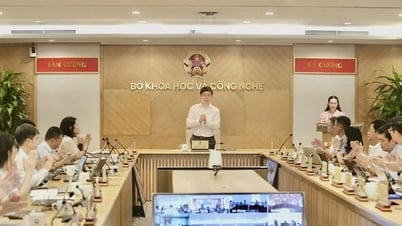

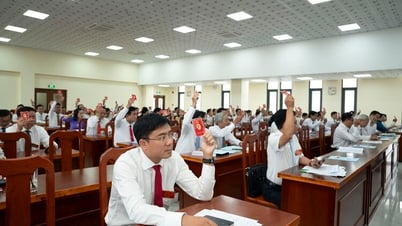

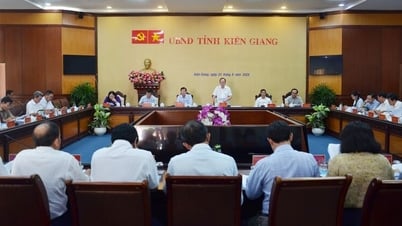
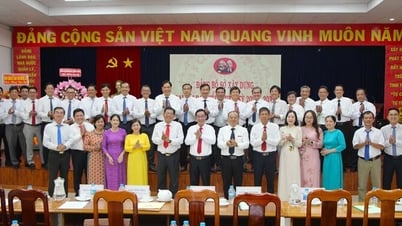
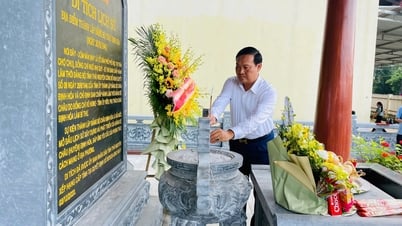
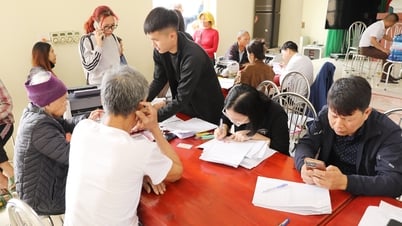

















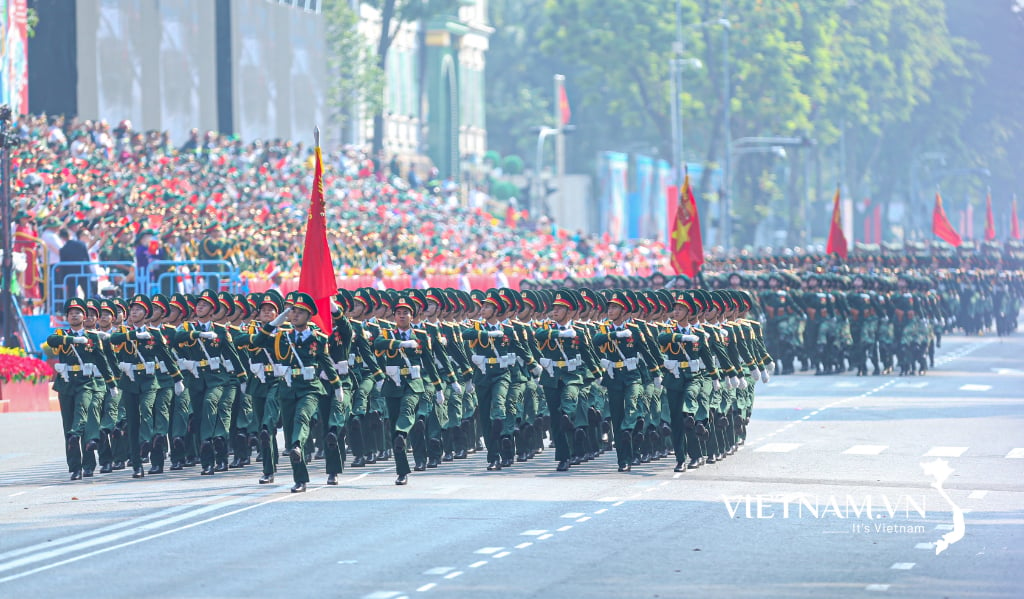

Comment (0)